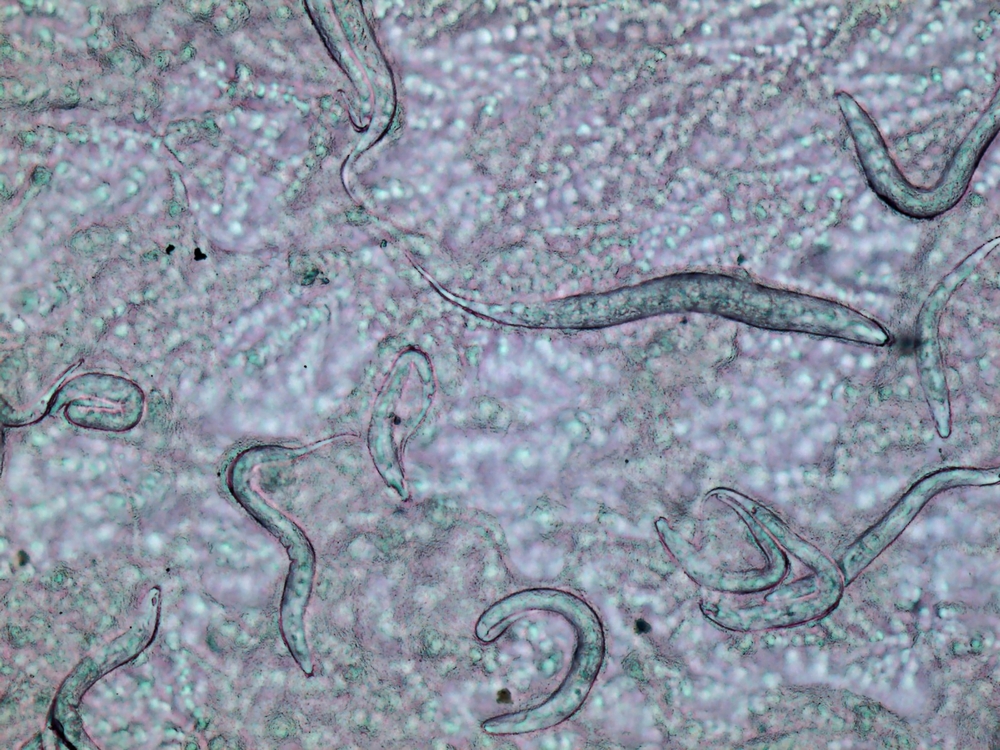Now Reading: Worms Detect Death, Impacting Their Fertility and Survival
-
01
Worms Detect Death, Impacting Their Fertility and Survival
Worms Detect Death, Impacting Their Fertility and Survival

Quick Summary
- A study published in Current Biology reveals that C. elegans roundworms react strongly too the odor of deceased counterparts.
- The smell triggers behavioral avoidance as well as physiological changes, including increased short-term fertility and decreased long-term fitness and lifespan.
- Researchers identified key neurons (AWB and ASH) responsible for detecting “death cues” such as cellular metabolites like AMP and histidine, which are released from dying cells.
- These findings suggest a death-detection mechanism that may exist not only in worms but possibly other organisms.
- Other species, like ants, bees, and fruit flies, also exhibit aversive reactions to dead conspecifics through visual or olfactory cues.
Indian Opinion Analysis
The study highlights the complex ways organisms respond to death cues-a phenomenon rooted in survival instincts across various species. For India’s thriving research community in neurology or evolutionary biology, exploring similar mechanisms within locally prevalent species may yield insights into how sensory signals influence behavior or population dynamics.
Notably relevant is the identification of metabolites like AMP and histidine which trigger physiological shifts. Such molecular insights could advance biotechnological innovations tied to early detection systems for cellular decay. India’s growing scientific base has room to contribute meaningfully to global inquiries into interspecies signalling mechanisms while adopting these findings toward applied fields such as pest control or ecosystem management.




























